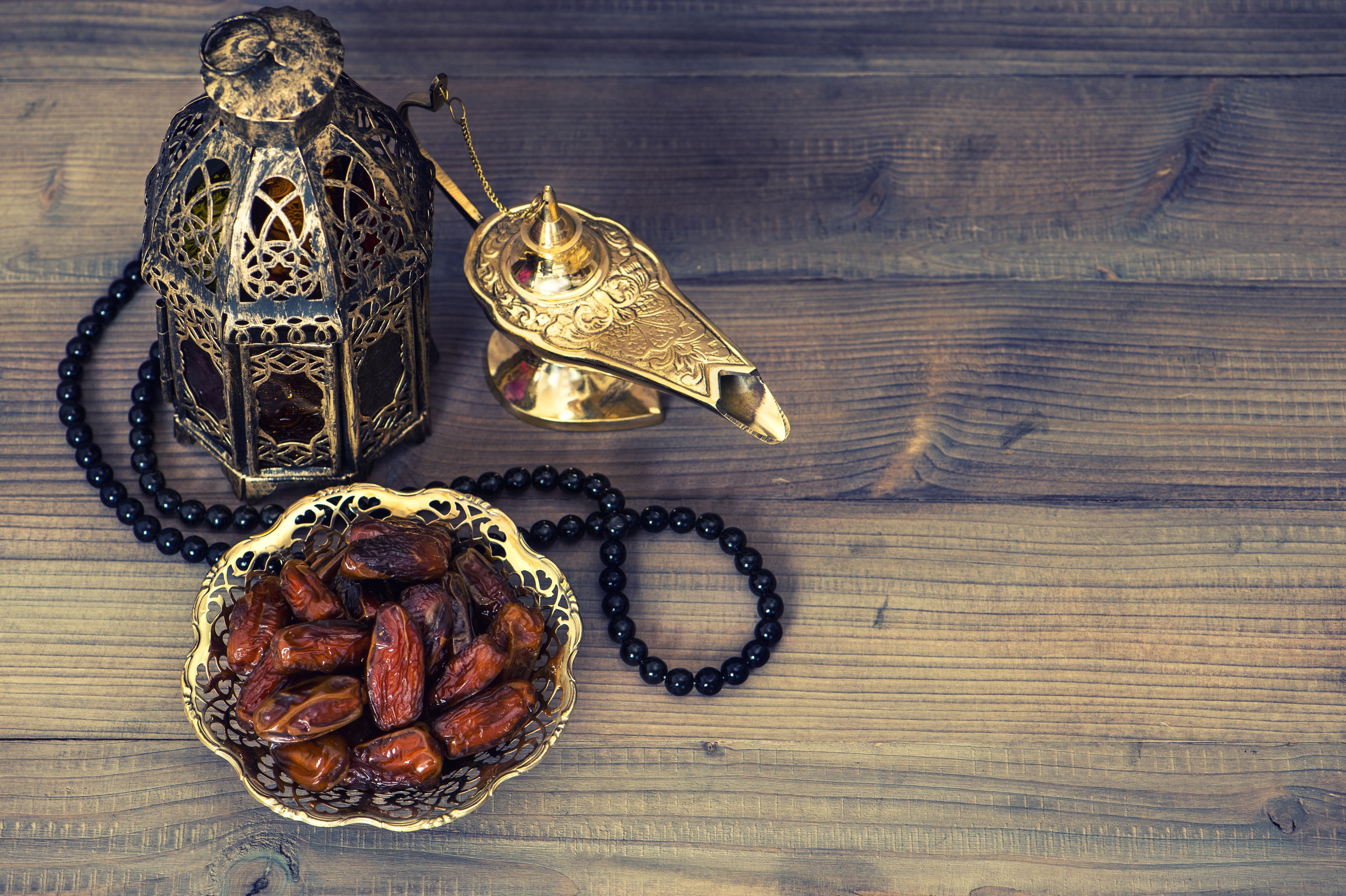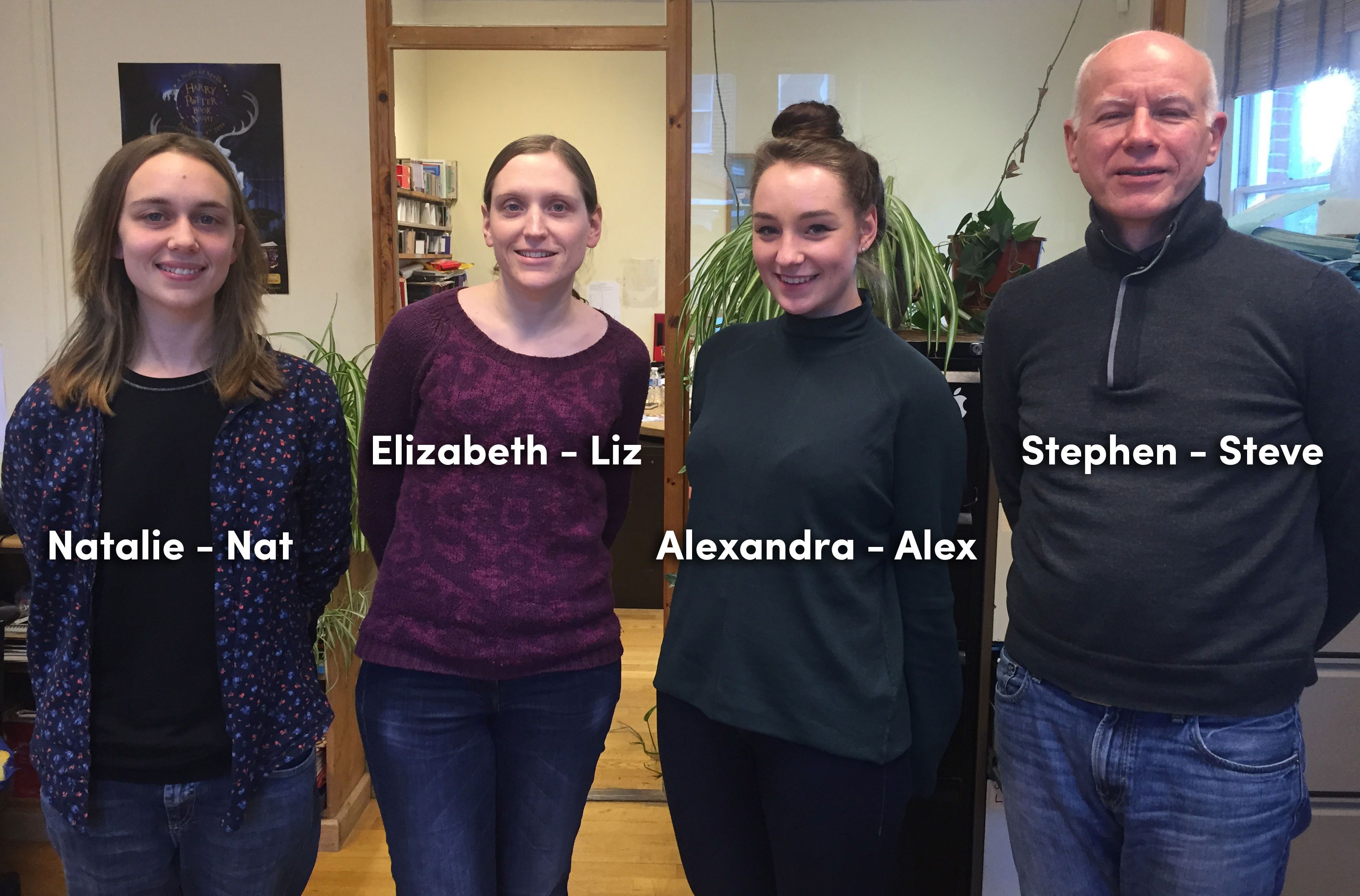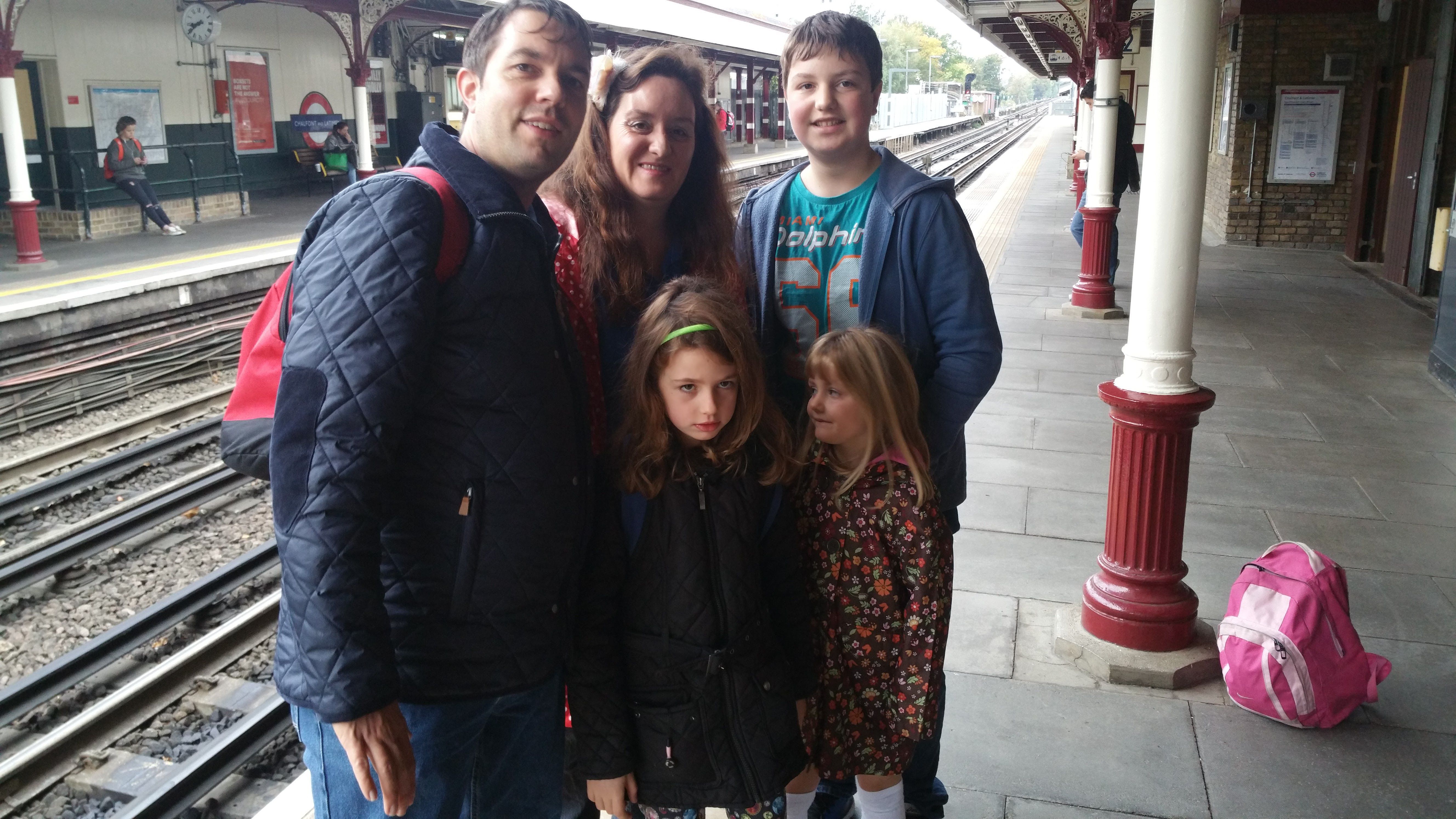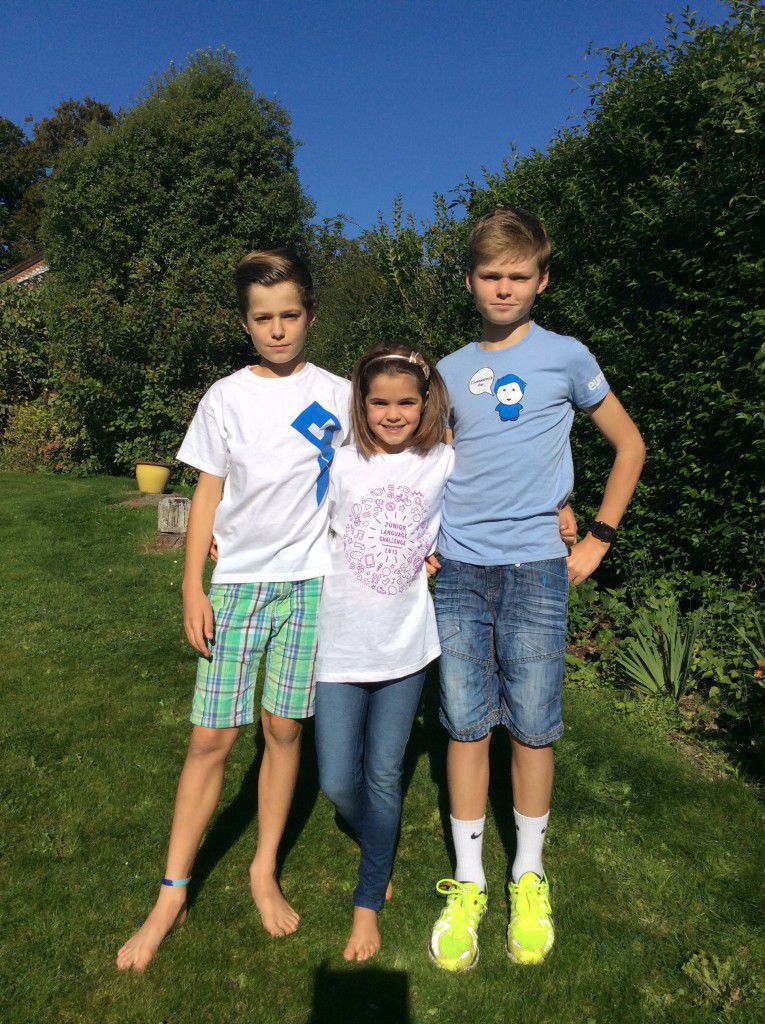Ramadan: what’s it all about?
Eid Mubarak!
Today marks the start of the holy month of Ramadan, where millions of Muslims around the world will spend the month fasting and praying. It is believed that 1400 years ago the Quran was shown to the Prophet Muhammad in this month. The start of Ramadan varies around 11 days each year, as it is all to do with the lunar cycle; this year the new lunar moon was seen on Sunday evening in the Middle East.
Potentially the most well known part of Ramadan is the fasting that happens. Muslims are not allowed to eat or drink during daylight. For those who miss a day of fasting they have to make up for this on another day, for example those who are travelling a long distance are allowed to eat and drink; but must make up for this another time. During Ramadan, breakfast or ‘Suhoor’ as it’s known, must be eaten half an hour before sunrise, this is also where people have the chance to drink water to be hydrated for the day ahead.
At the end of the day after sundown a communal meal is made, called ‘Iftar’, which literally translates into ‘break fast’. This is where people come together and they can eat until the next morning’s Suhoor. At both meals, fresh fruit and vegetables are served, along with halal meat, cheeses, breads and sweets. The meal caters for all of the food groups needed for a healthy body. Following the main meal different snacks can be prepared such as dates.
As well as having to follow strict eating and drinking guidelines, during the month of Ramadan, Muslims will visit the Mosque regularly. The month is used as a way to improve morality and work on themselves. Last year 14 million Muslims visited the city of Mecca within the first 2 weeks of the holy month. Mecca is the holiest city in the Islamic religion, and is the place where Muhammad first saw the Quran.
At the end of Ramadan, Muslims celebrate ‘Eid al-Fitr’ which translates as the ‘festival or breaking the fast’; here they gather at the Mosque for a prayer and spend all day with family and friends. The celebration goes on for three days and marks a new beginning for each individual.
Happy Baba Marta!
Today is “Baba Marta Day”. In Bulgaria the 1st of March marks a holiday that welcomes the upcoming spring. “Baba Marta” translates to “Grandma March”, the mythical character who brings the end of the bitter cold winter!
On this day people exchange “Martenitsi”. These are red and white coloured bands or figurines that symbolise health and happiness. The white initially represented human nature and strength, whilst the red showed health and the woman’s nature.
The most traditional martenitsa consists of two small dolls (male and female) and are called “Pizho and Penda” (Пижо и Пенда). Martenitsi come in many other shapes and sizes and people wear them as lucky charms.
The tradition is to wear your martenitsa until you see some signs of spring: blossoming trees or birds like storks and swallows. Some people then tie their martenitsa to a tree – so next time when walking through a park, if you see red and white yarn bracelets hanging on a branch, you know the mystery behind it! It was also believed that people placed them under a rock. They would then come back nine days later to see if there had been any ants; if there were the year would bring lots of sheep. Some people also chose to throw them into the river and let them flow away, representing the troubles of life leaving.
Thanks to Nikolay, who made us all martenitsi to wear today! Let’s see how many of our wishes come true…

Bonus fact: “Mărţişor” is a Romanian holiday that is similar to “Baba Marta”. It’s also believed in Romania that wearing the red and white bands leads to a prosperous and healthy year. The threads are hung somewhere outside the house like a gate to protect against evil spirits. Today the threads are still bought by people for their friends and family to show admiration.
Happy Baba Marta!
What’s in a name?
Welcome to my family! My Grandma’s called Minnie, and my Granddad’s called Jack.
Except, they’re not really.
Because, in English, we have an eccentric tendency to distort names until they no longer resemble the original at all. My Gran’s actually called Mary and my Granddad, of course, is John.
Now meet my Uncle Bob, cousins Harry, Bill and Jim, and aunts Kitty and Nancy. Their real names – the names on their birth certificates – are Robert, Henry, William, James, Katherine and Anne. Makes total sense, right?
Some common English names have not one but several permutations, just to make things more confusing. The name Edward can be twisted into Ed (OK, fine), Ted (hmm) or Ned (well….), whilst Robert can be not only Bob but Rob, Bobby or Bertie. James can be Jim, Jimmy or Jem, and Richard can be Rich, Rick, Dick or Dickie.
On the girls’ side, Elizabeth must be one of the most prolific of names, producing not only Eliza, Liz and Lizzie, but Ellie, Beth, Bess, Bett and Bettie, whilst Margaret becomes Maggie and Meg, or Peggie and Peg. Victoria becomes Vic, Vicky, Tor and Tory, and Mary can be Molly, Minnie, Polly or Poll.
It’s not just our language that does this, of course, and Russian is another which can mutate its names into seemingly unconnected variants. When I was in Russia, my friends were Tolik, Vanya, Sanya and Masha, whose real names were Anatolii, Ivan, Alexsandr and Mariya. But whereas in English a Rob might always be a Rob, both in private and public arenas, formal and informal, in Russia someone might be called Alexandr in formal situations but Sasha with friends – and Sanya, Sanka or Sashenka for extra familiarity and affection.
My name, Natalie or Natalia, was used formally, but to most acquaintances I was Natasha, and to closer friends I would sometimes be Nata, Natashenka, Natusik or Natusyenka. Alekseii becomes Alyosha or, more colloquially again, Alyoha, Lyosha or Lyoha. Dmitrii become Dima, Dimka (the -ka ending adding another level of diminutive to the already familiarised Dima), Mitya or Mitka. Evgenii becomes Zhenya and Sergei becomes Seryozha.
Of course, if you have a bit of time in Russia then the aim is to collect a group of friends with the following rhyming names: Masha, Pasha, Dasha, Natasha and Sasha. And, because of the popularity of the names Mariya, Pavel, Natalia, Dariya and Alexsandr, that’s not as hard as it seems!
We’d love to know about other languages that mangle their names!
Nat






